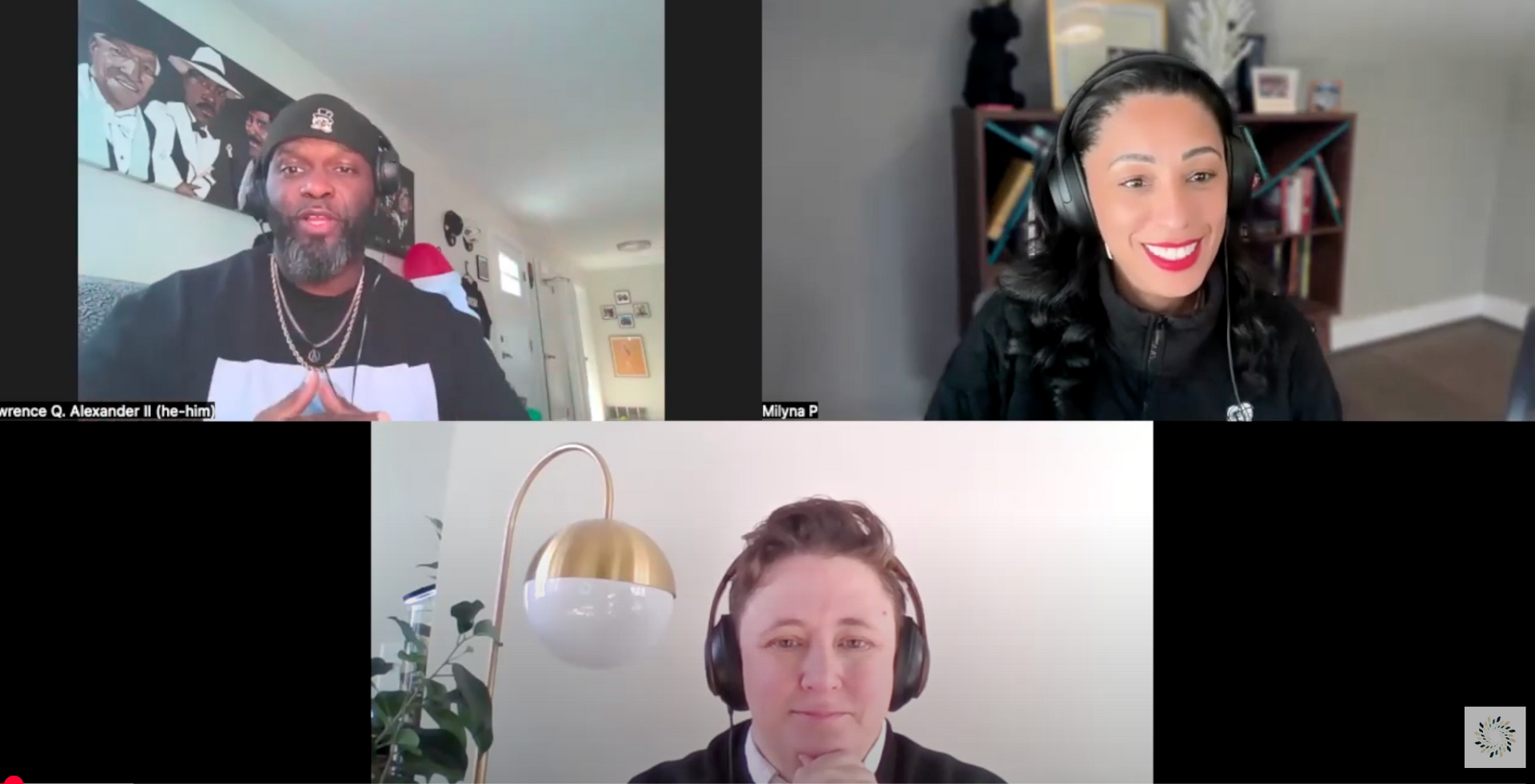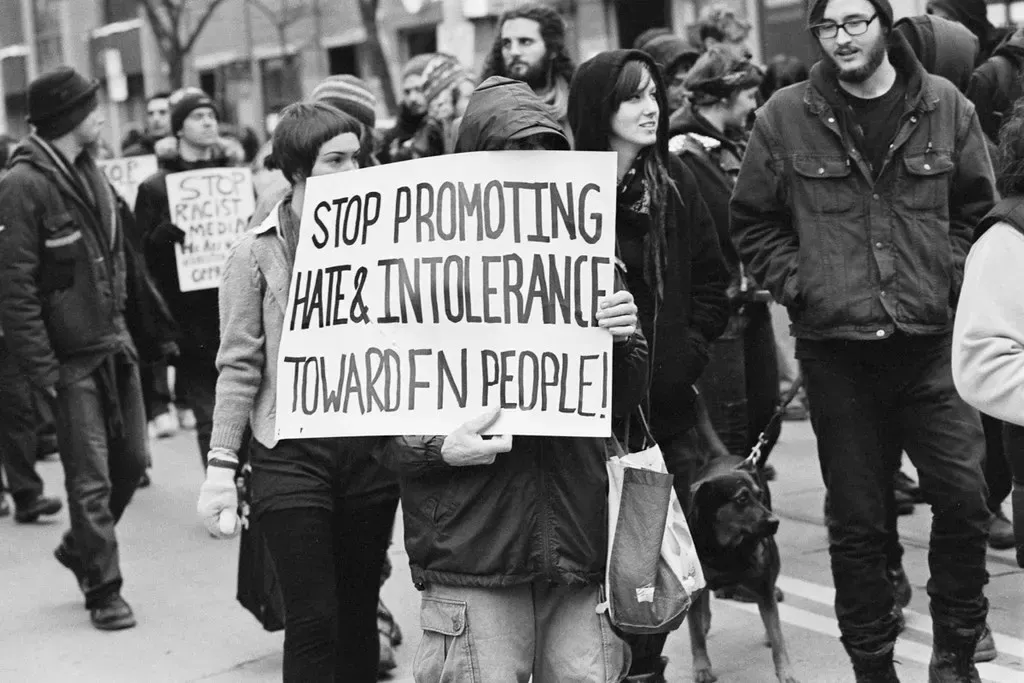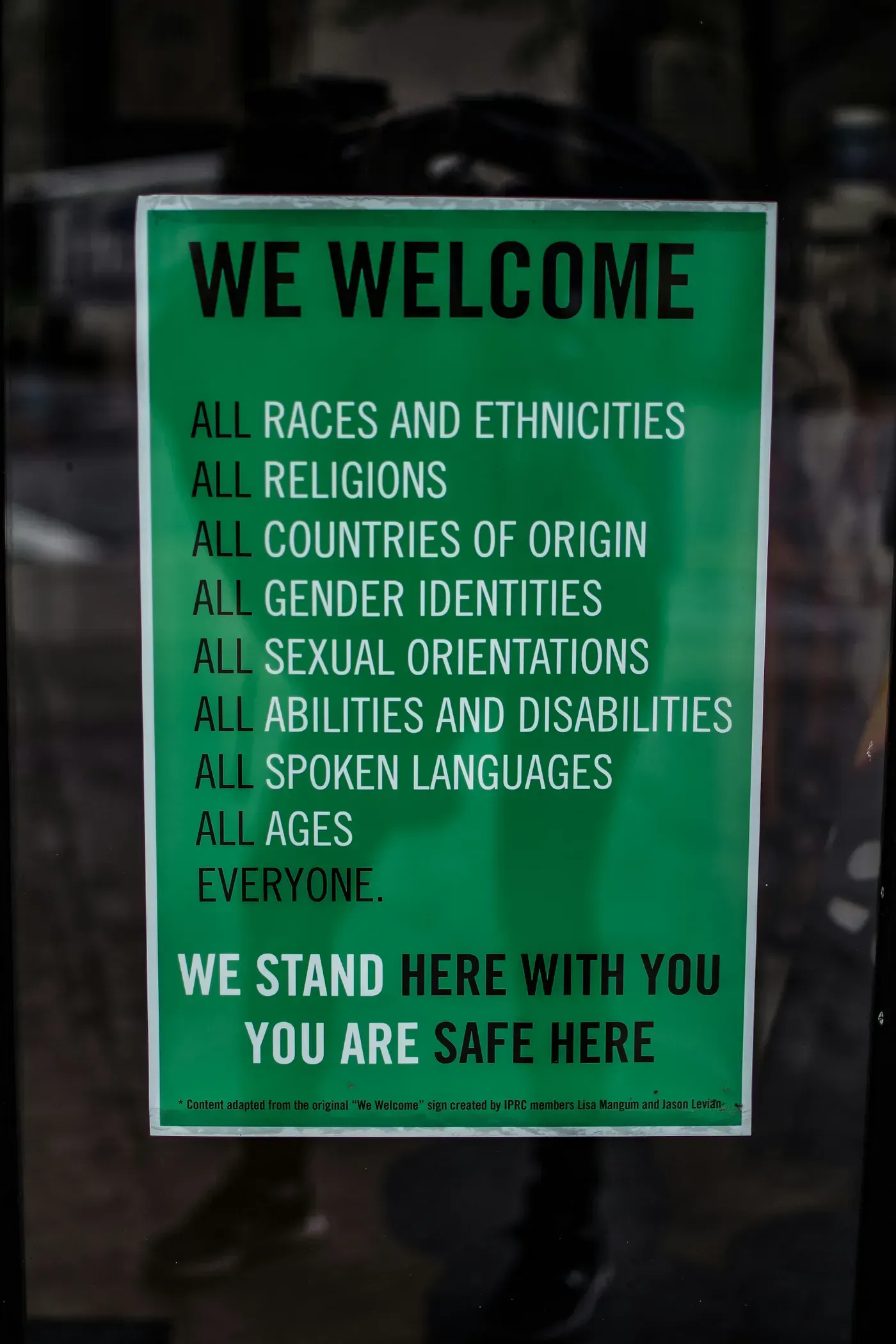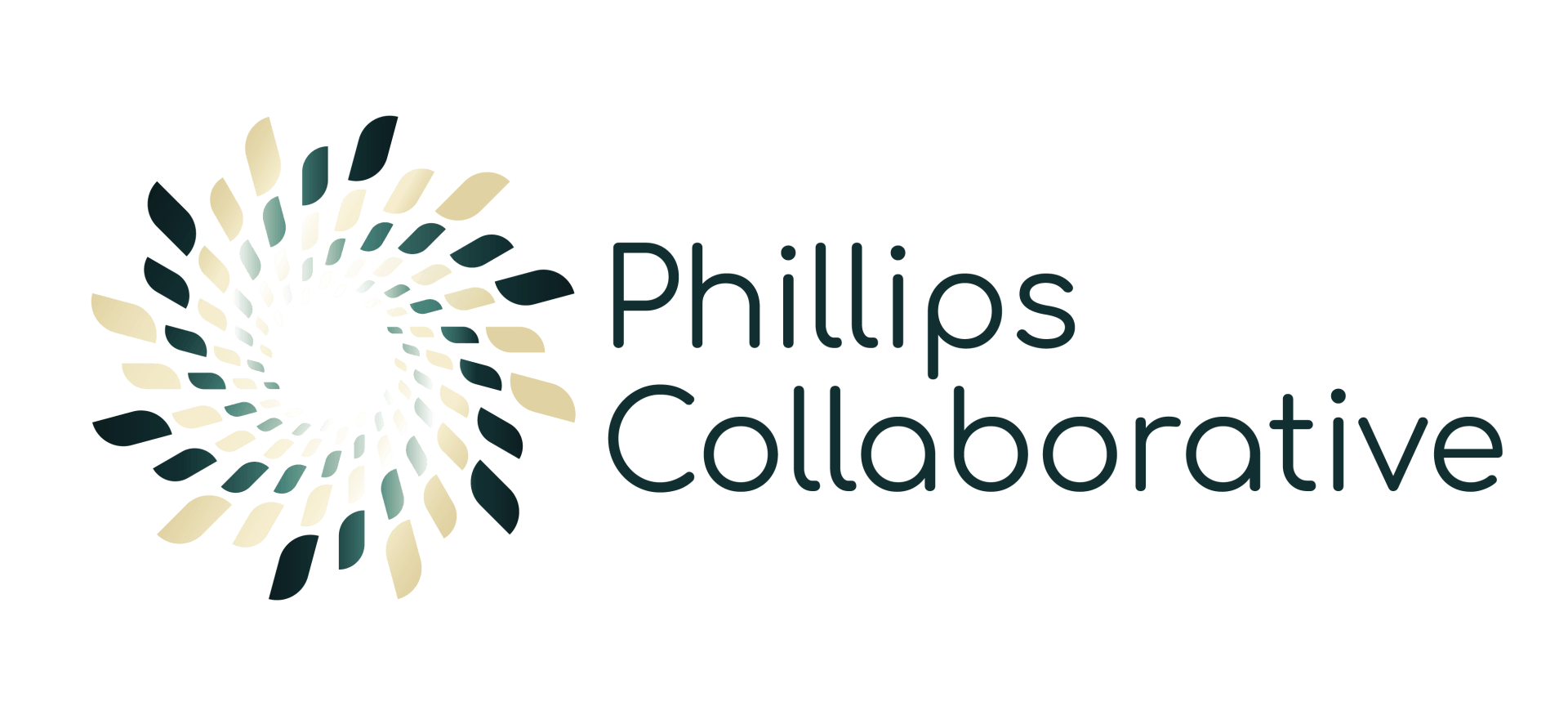Trump has gone after DEI programs. But DEI consultants say demand was already dropping
President Trump has vowed to end federal diversity, equity, and inclusion programs. Those who work in DEI consulting say that demand was already falling off and the field was shifting.
Transcript
MARY LOUISE KELLY, HOST:
President Trump has taken aim at diversity, equity and inclusion programs, signing executive orders that seek to end them in the federal government. Even before Trump was reelected, many big companies had been backing away from diversity promises they made in the wake of George Floyd's murder in 2020. KUOW's Noel Gasca reports on what it all means for DEI consultants.
NOEL GASCA, BYLINE: For the past handful of years, Seattle-based DEI consultant Alma Villegas says she's had a ton of work, so much that she was able to get an estimate of her income and work commitments a year in advance, sometimes even two.
ALMA VILLEGAS: This year, I am nowhere near that. I'm about 50%, and that's really only through, I would say - for the first six months of the year.
GASCA: Viegas says this isn't something that emerged all of a sudden under the new Trump administration. She noticed a change all the way back in the summer.
VILLEGAS: We started seeing less opportunities become available, less opportunities that really mentioned DEI.
GASCA: She says there was more competition for a shrinking number of consulting gigs, and she's not alone. While one DEI consultant NPR spoke to for the story had seen their work increase, most, like Viegas, had seen it dry up. Also...
VILLEGAS: We started seeing a change in the language.
GASCA: When organizations now post online looking for consultants like Viegas, she says, they use the words like belonging and inclusion instead of DEI. She decided to remove the acronym from her consulting firm's website.
MILYNA PHILLIPS: DEI has been made into a slur.
GASCA: That's Milyna Phillips, a DEI consultant based in Washington, D.C. Phillips says crucial inflection points in the backlash to DEI came even before this summer. She points to the publication of Project 2025, which advocated ending government participation in DEI. Another, she says, was the Supreme Court ending affirmative action in college admissions in June of 2023. She speculates that those actions had an impact on companies.
PHILLIPS: Industries were now emboldened and kind of given the green light and a road map to dismantle DEI initiatives within their institutions.
GASCA: Half a dozen consultants interviewed for this story said they don't think the backlash means the end of DEI work. Phillips is investing more resources into marketing. She's just launched a podcast to broaden her firm's audience. Other consultants say the work they do might have to look and sound a little different. In Pennsylvania, for example, DEI consultant Dan Kimbrough is carefully going back through his presentation materials. He's looking for any messaging that could raise red flags for DEI skeptics.
DAN KIMBROUGH: There's one video that I used to show about microaggressions, about mosquitoes and how annoying they were.
GASCA: Essentially, the video compared microaggressions to mosquitoes, and Kimbrough pulled it because he doesn't want people to feel he's calling them annoying.
KIMBROUGH: I'm more worried now that people who are on the fence or who are very much anti-DEI are searching presentations for specific things.
GASCA: Even though these consultants say their work is changing and getting more challenging, they also say their commitment to the work remains the same. For NPR News in Seattle, I'm Noel Gasca.
